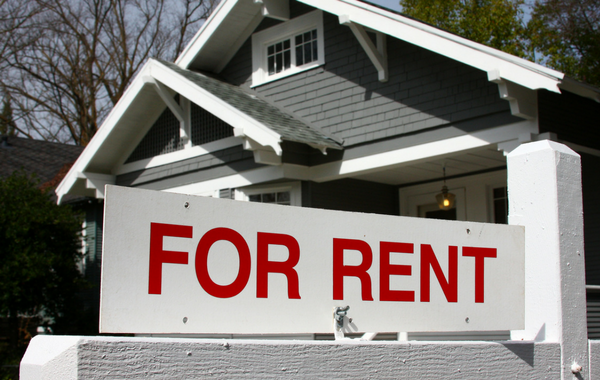Anyone who has ever rented a residence (or is currently considering renting a residence) has most likely heard about the importance of having renters insurance in place. We all know that our “stuff” is important and needs protecting. We also know that these types of policies provide liability coverage, but we may or may not fully understand what that means.
But what if you’re a landlord? Should your tenants have renters insurance? Absolutely!
Your house, condo, or apartment is just as valuable as your tenant’s “stuff,” correct? Here’s why it shouldn’t only be suggested but required by the terms of your lease.
- Your tenant fell asleep with the stove on and caught the house on fire. If your tenant has renter’s insurance, his policy may respond and pay out due to his negligence. If there is no renter’s policy in place, you as the landlord would be completely responsible for the damages and could eventually face adverse underwriting action on your policy, though the accident was not your fault.
- Your tenant hosts a gathering and drinks spill, causing the floor to become slippery. A guest of the tenant slips and falls. If your tenant has a renter’s policy, coverage will likely be available to pay for his liability to the guest. Without a renter’s policy, you could face having to pay for the guest’s damages.
Just as we see with complex commercial accounts, the landlord-tenant relationship should have appropriate risk transfer in place. You should require your tenants to have renters insurance and additional insured status on the policy (via ISO form HO 04 41 or equivalent) ensuring that your tenant’s insurance policy can protect you if you are dragged into a claim that another insurance policy should potentially cover.
Lastly, be sure to ask the renter for a certificate of liability insurance or a copy of their declarations pages each year. This proof of insurance will help to make sure that they are keeping the appropriate coverage in place and are compliant with the terms of your lease.
Owning rental properties is a business and should be treated as such. Don’t risk your business over situations that should be insured by your tenants!

